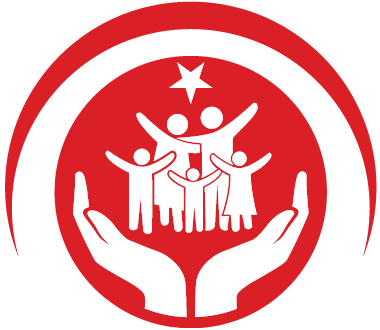|
History |
|
The Department of International Trade and Logistics Undergraduate Program of our faculty was opened in 2015. In addition to the courses covering the International Trade and Logistics Department, the program consists of courses on subjects such as business, economics, marketing, finance. The program started accepting students for the first time in the 2015-2016 academic year, for daytime and evening education, and continues to accept students in daytime education. |
|
Department of International Trade and Logistics |
|
International Trade and Logistics, although perceived as different fields, are connected to each other with a causal link. Therefore, while a good logistician must have knowledge of international commercial issues; a good foreign trader must also have knowledge and skills in logistics services. In light of this information, including an interdisciplinary education focused on international trade and logistics in the department in question will provide significant advantages, especially to our students after graduation. The aim of the International Trade and Logistics department is to train experts who are familiar with international commercial documents, can apply delivery and payment methods in commercial transaction processes, will manage supply, production and sales processes, know customs legislation and can apply it in practice, and will manage processes efficiently by performing cost-benefit analysis in the companies they work for. |
|
Career Opportunities |
|
In today's rapidly globalizing world where all businesses have an international leg, the job opportunities of graduates of the International Trade and Logistics department are quite wide. First of all, our graduates can work in the foreign trade, logistics, financial management, management organization, human resources management, production management and international marketing units of all companies. In addition, graduates of the International Trade Department can find suitable positions for themselves in the Ministry of Transport, Maritime Affairs and Communication, the Ministry of Customs and Trade and the Ministries of Economy, in the aviation and maritime sectors and in all levels of companies operating in the import-export, logistics and transportation fields, in customs, and in the exchange departments of banks. In addition, since students who graduate from the International Trade and Logistics Department are graduates of the Faculty of Economics, Administrative and Social Sciences, they are considered equivalent to other faculties and colleges that provide education in the fields of economics, business, international trade, finance, banking and logistics, and they have the opportunity to have all the legal rights that graduates of these schools can obtain. |
|
Purpose of the Department |
|
The aim of this program is to train qualified expert personnel who can meet the international trade and logistics needs of our country and the region, who have sufficient knowledge, who know a foreign language well, and who can meet the human resources needs of the sector. |
|
Program Outcomes |
|
|
1. |
To understand the basic concepts of International Trade and Logistics. |
|
2. |
To monitor developments and policies regarding international trade and logistics activities. |
|
3. |
To have full knowledge of international trade and customs legislation. |
|
4. |
Bringing a multi-faceted perspective to complex problems in the field of International Trade and Logistics. |
|
5. |
The ability to have the knowledge, skills and abilities to work internationally. |
|
6. |
Ability to propose solutions to problems encountered in international trade and financing methods. |
|
7. |
Ability to observe and evaluate international market opportunities and act in accordance with social justice, quality, environment and worker safety in this process. |
|
8. |
Ability to use quantitative and qualitative methods in decision making. |
|
9. |
Ability to use information technologies effectively. |
|
10. |
Ability to communicate, interact and establish new business partnerships in international markets by using at least one foreign language effectively. |
|
11. |
Ability to determine the characteristics of team members who can work internationally. |
|
12. |
Ability to constantly review and update information with a critical eye that can be used in international markets. |
Görüntülenme Sayısı: 878



 Refectory Reservation
Refectory Reservation